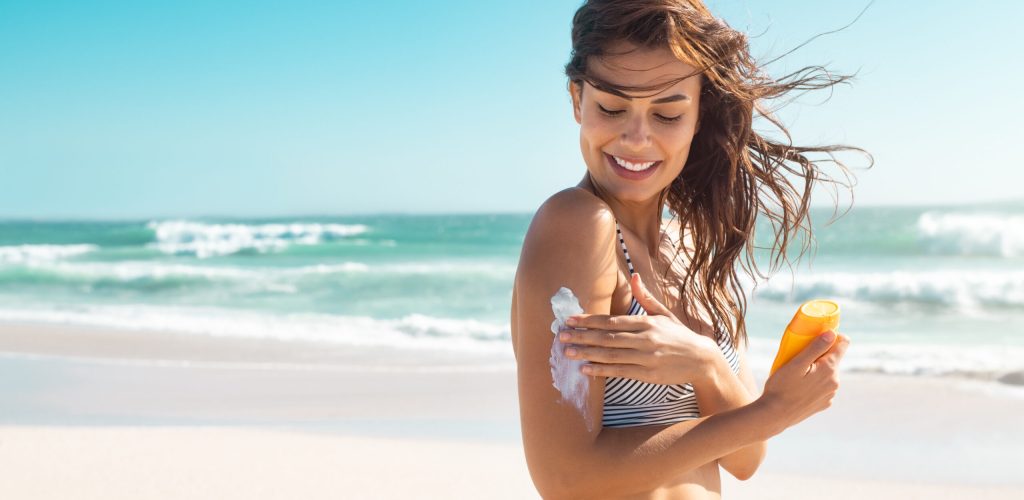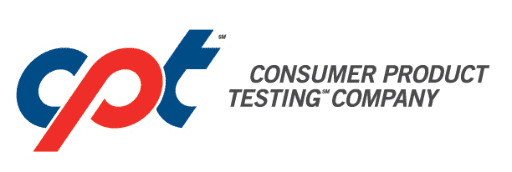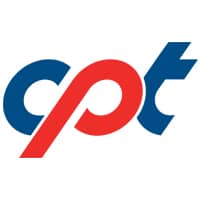An Overview for Panelists: Sunscreen Effectiveness Testing
New sunscreen products are always in development, and companies look for people like you to help with Sunscreen Effectiveness Testing. Sunscreens may be tested on any attribute from sand- or water-resistance to the extent of broad-spectrum protection. Most often, sunscreens are tested on Sun Protection Factors, or SPF’s. You can get paid to help test these products before they hit the shelves. Here’s what you need to know.

What Is Sunscreen Effectiveness Testing?
Sunscreen Effectiveness Testing is conducted to support the effectiveness claims shown on sunscreen product labeling. Manufacturers put their sunscreen products through numerous research and laboratory testing phases during product development. When the product is deemed safe and ready to market, it must undergo final testing in a clinical setting. This is made possible by product testers like you who use the product under close supervision in a safe and controlled professional setting.
How does Sunscreen Effectiveness Testing work?
Specific study details will vary according to what claims the manufacturer wants to prove about the product. In general, Sunscreen Effectiveness Testing allows researchers to gather objective information about a product’s effect on the skin’s response to UV light. This requires the ability to control the intensity of UV light, the exposure time, the application process, and other factors.
Credible professional testing facilities employ sunscreen-specific equipment and technology, including single- or multi-port solar simulators to create artificial sunlight in a controlled manner. There are various study types:
- SPF testing measures how the product protects the skin against UVB rays—the wavelengths that can cause sunburn. Before making the SPF 30 claim on its product label, the manufacturer has to show through clinical research that the claim is true.
- Broad-spectrum testing measures how the product protects the skin against both UVB and UVA rays. Like UVB rays, UVA rays can increase skin cancer risk. UVA rays are also associated with premature skin aging.
- Water-resistance testing measures how well the product’s effectiveness stands up to water. Sunscreen products can claim to be waterproof, if supported by clinical testing. Depending on the test results, a manufacturer can label their products as water-resistant for 40 minutes or 80 minutes.
Why Does Sunscreen Effectiveness Testing Matter?
Since sunscreens are used directly on your skin, it’s imperative that they’re thoroughly tested before they reach the marketplace. The US Food & Drug Administration (FDA) regulates sunscreens as over-the-counter (OTC) drugs and changes in FDA regulations are particularly relevant to sunscreen safety and efficacy testing. In short, all sunscreen products must be tested according to strict FDA guidelines.
As a Sunscreen Effectiveness Testing panelist, you support responsible improvements in sunscreen technology that can help improve lives and enhance lifestyles through safer sun exposure. Also, your participation can help influence how companies continue to improve their products, educate product users, and recognize the value of an overall positive user experience.
How You Can Get Involved
CPT Labs offers sunscreen testing opportunities for all skin types, and we’re always developing new studies for our client companies. Your first step to get involved is simply to apply to become a panelist!
To support both panelist safety and the reliability of study results, each study has detailed criteria for its panelists. We keep a database of potential panelists that includes key information that help determine which current or future studies might be the right fit for you.
If you’re interested in Sunscreen Effectiveness Testing or curious about product testing in general, apply to become a panelist today.

